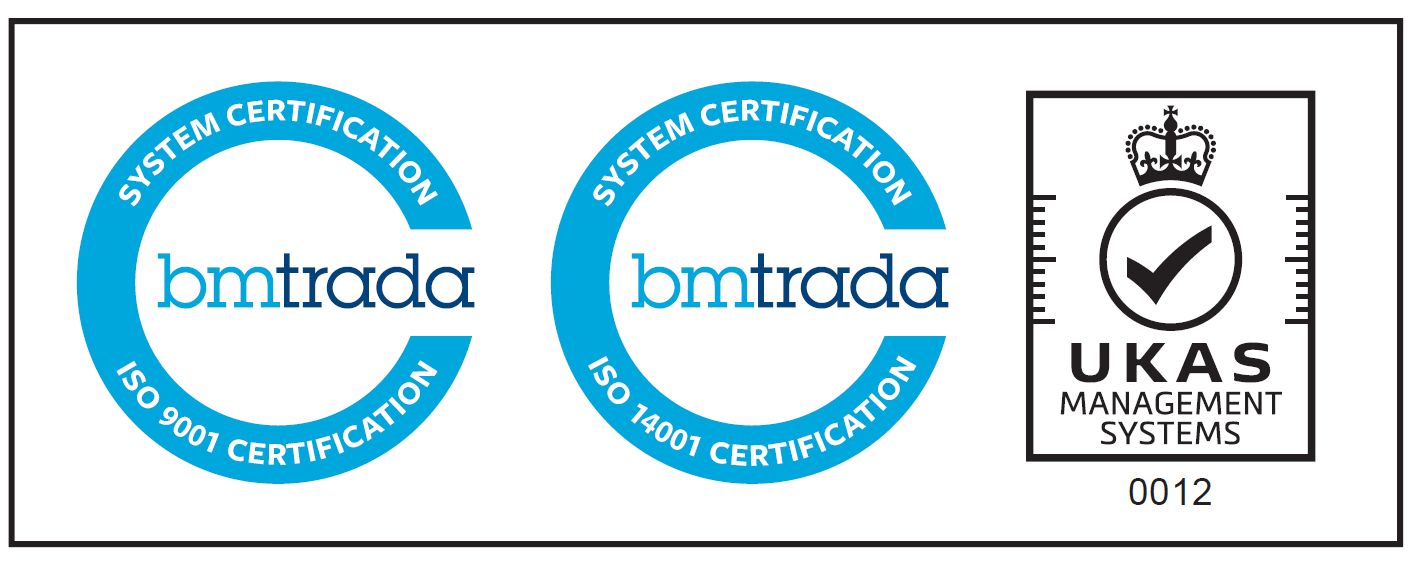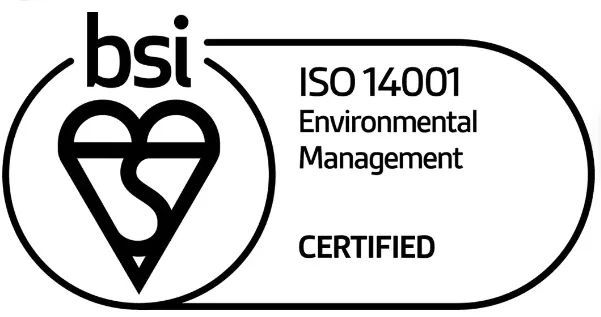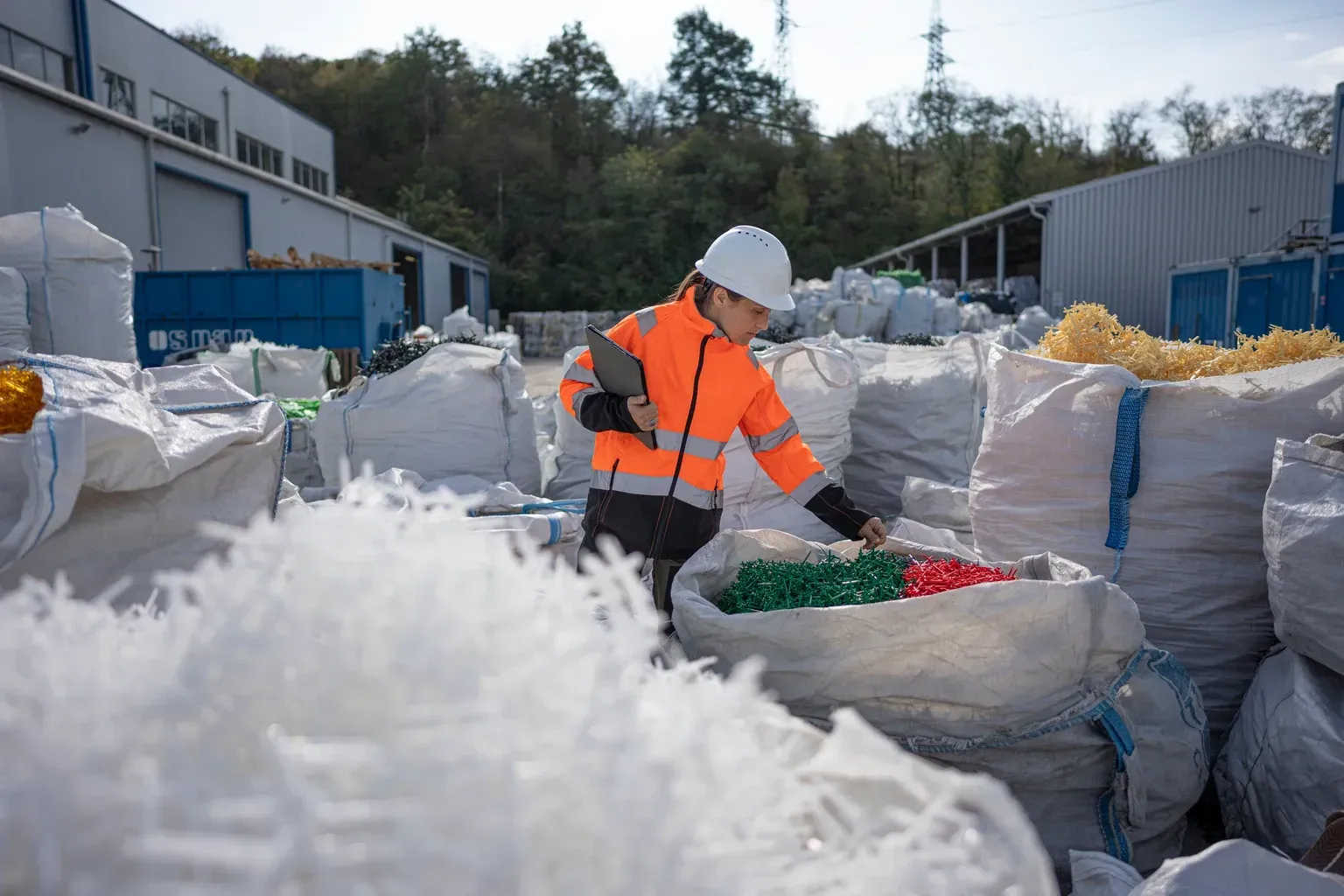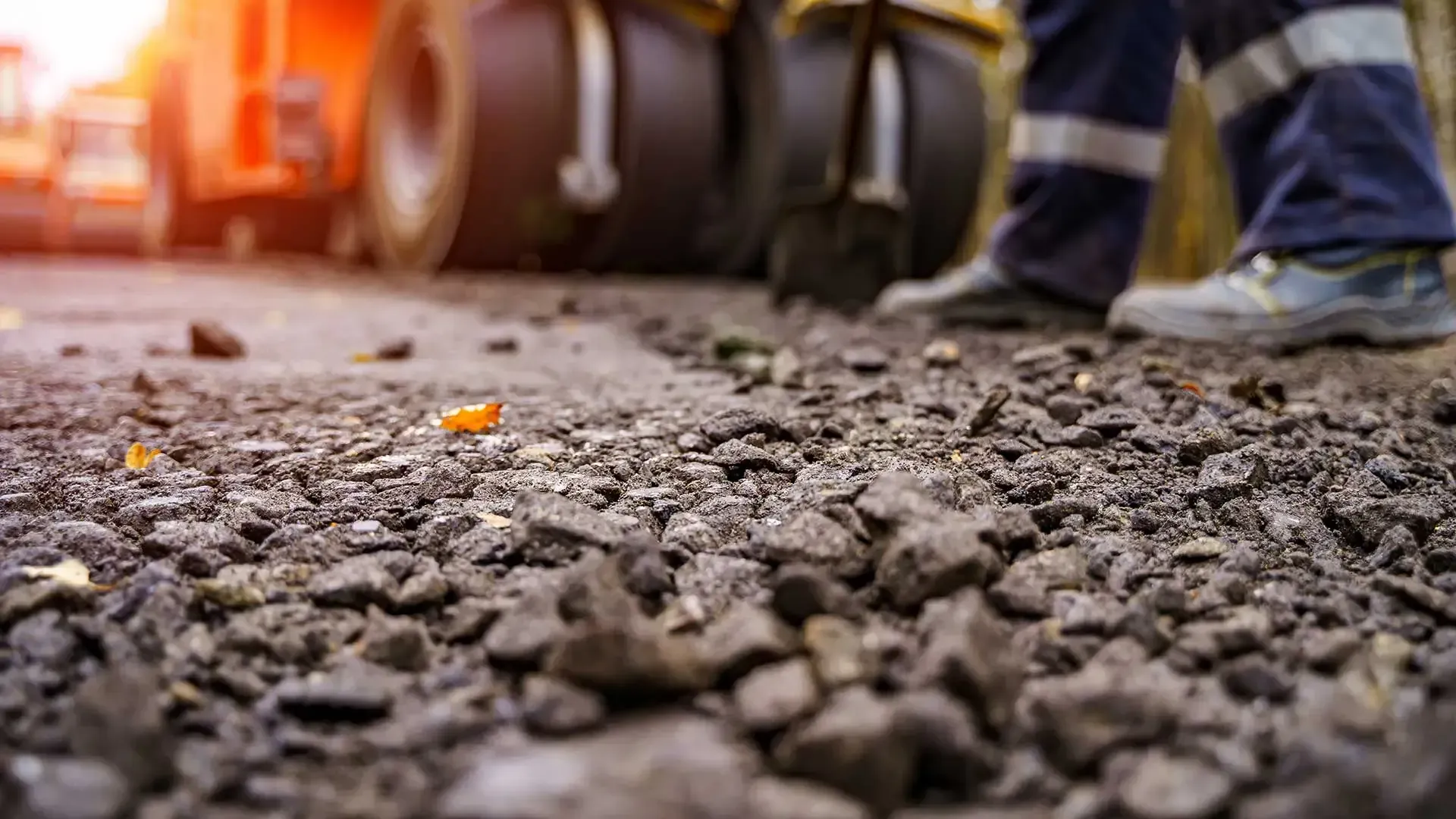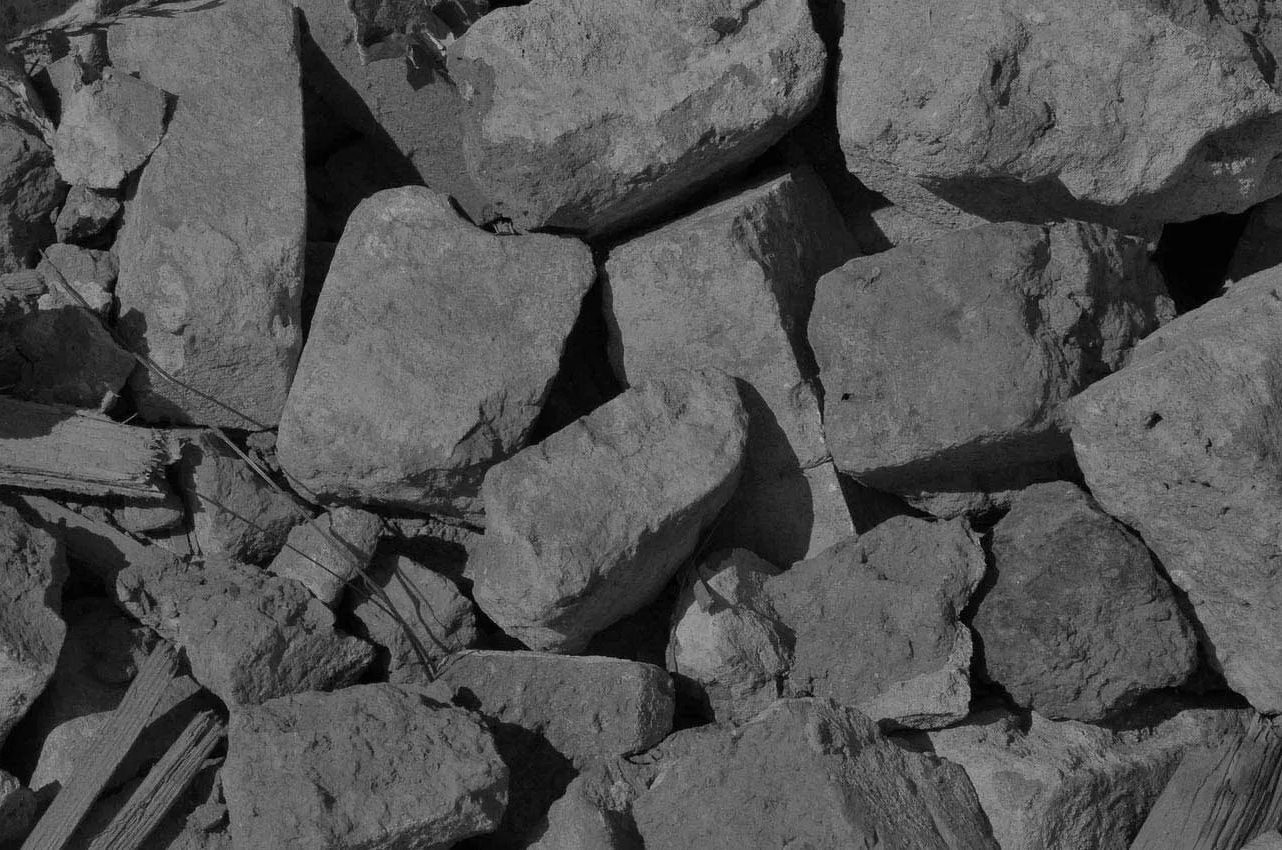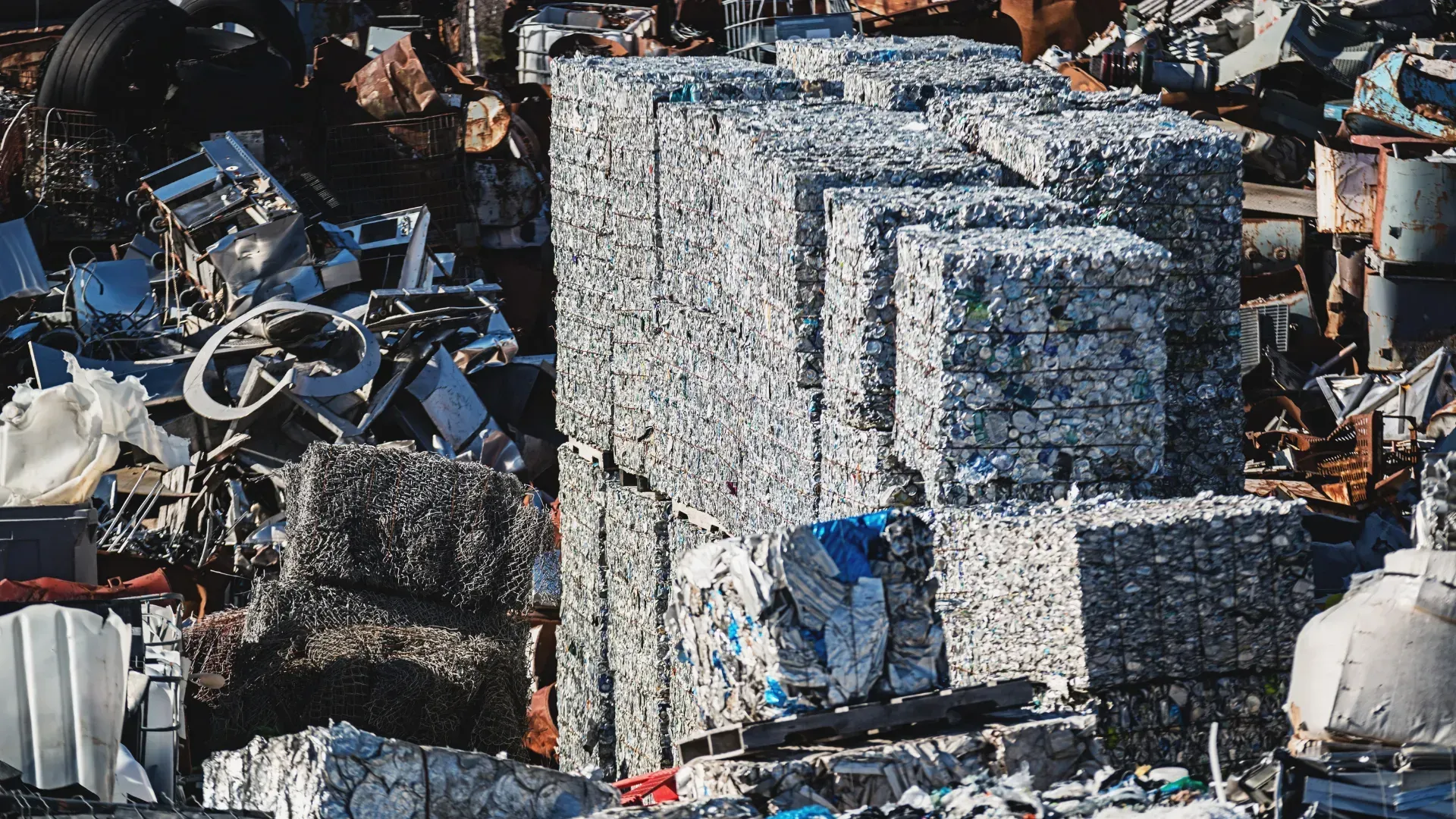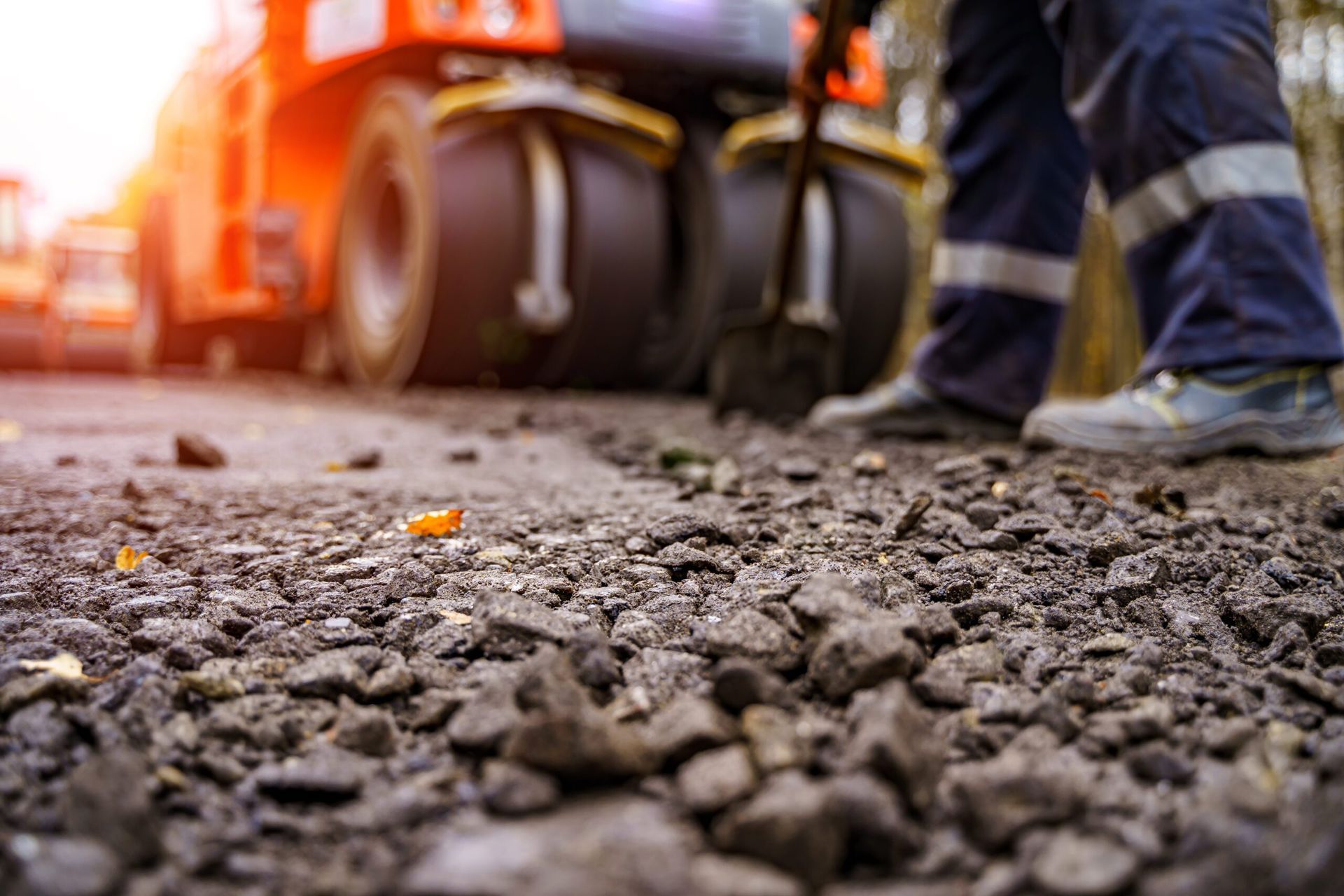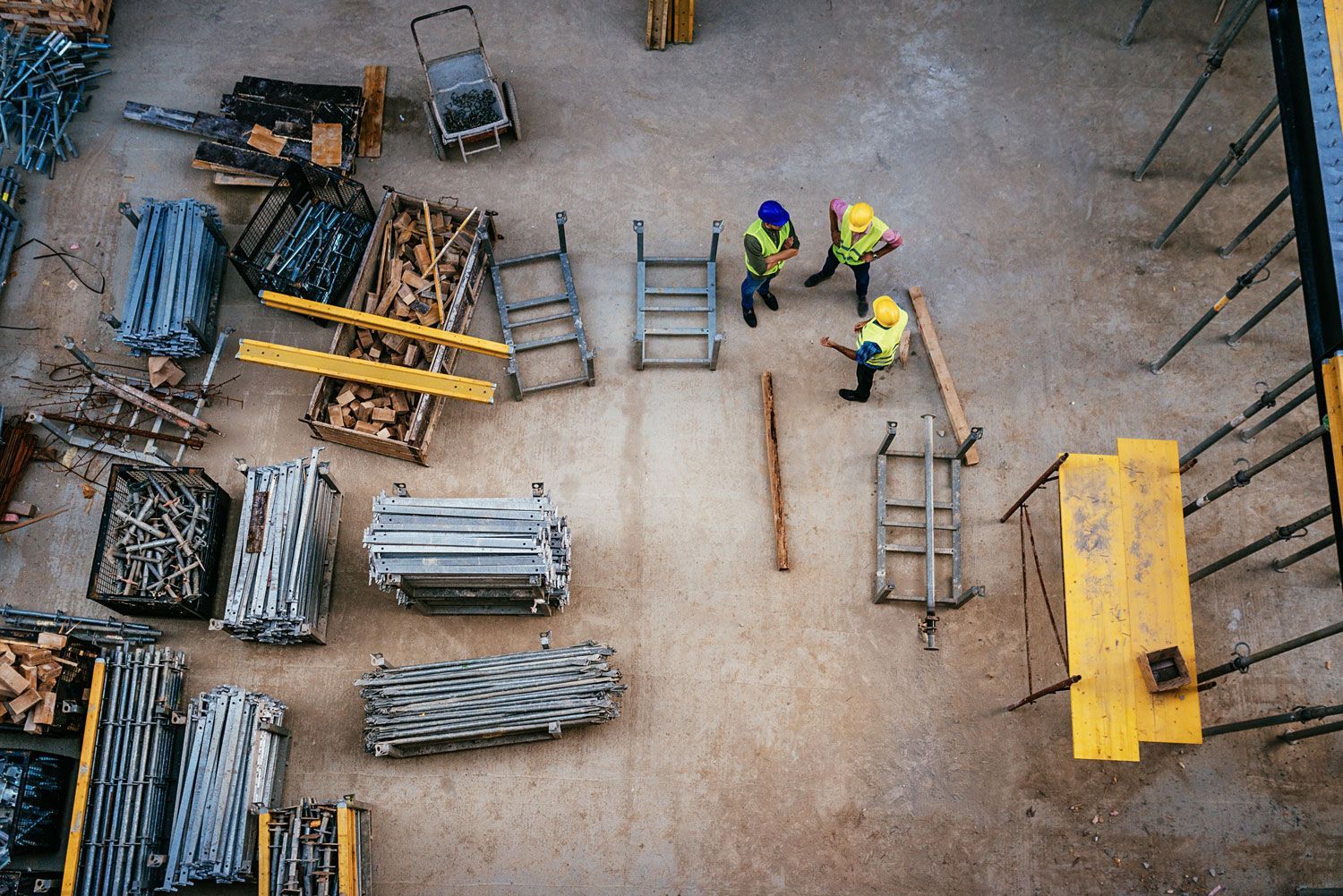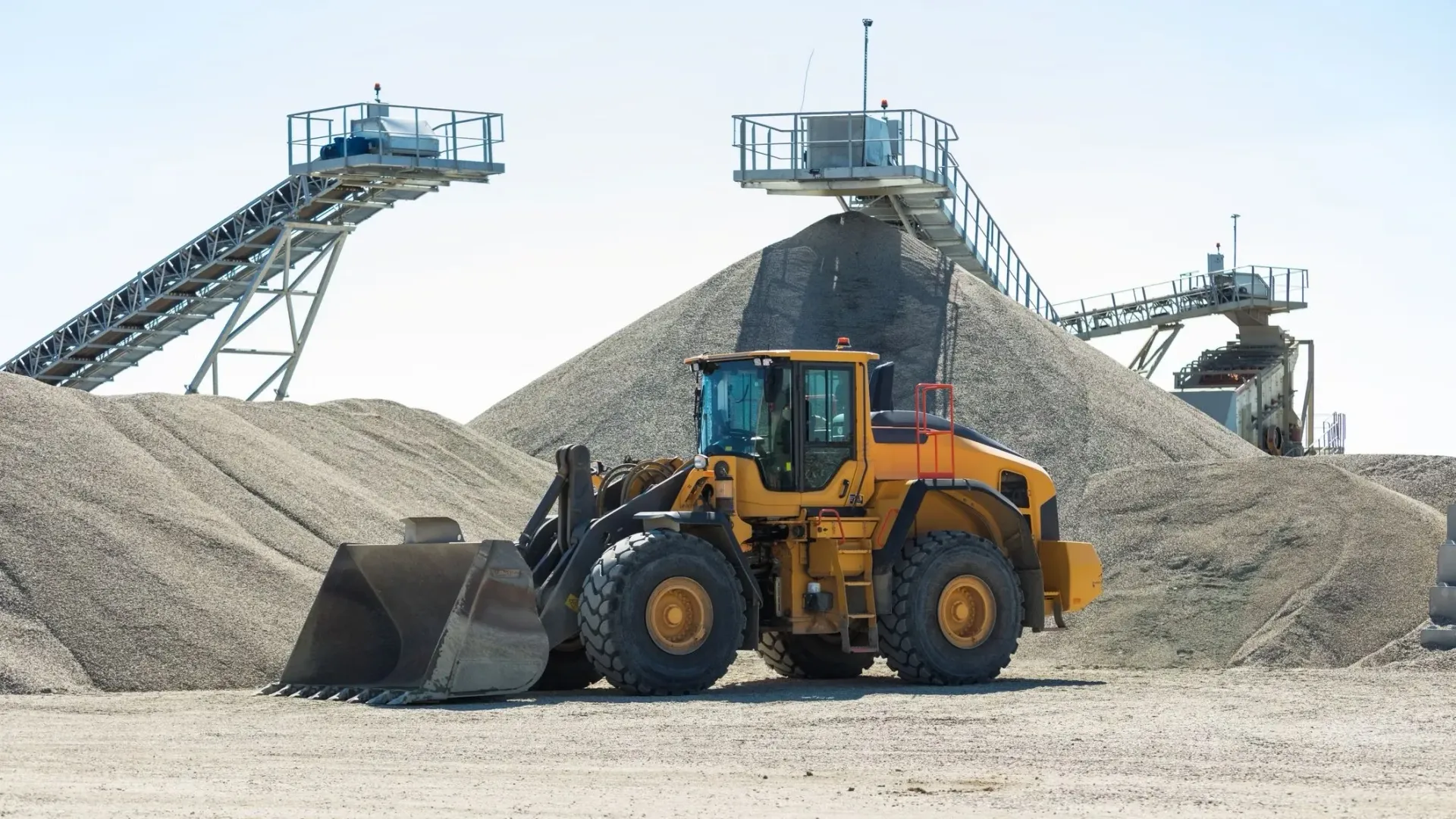The Journey Towards Sustainable Quarrying Practices
In every industry, sustainability is becoming increasingly essential as we begin to feel the negative impact of damaging industrial practices from decades past. While the quarry industry has come on leaps and bounds since the days of slag heaps and sending indiscriminate waste to landfills, with CO2 emissions still climbing year by year, there still needs to be a push towards full sustainability in the quarrying and aggregates sector.
If you’re considering purchasing aggregates, you might be concerned with the environmental impact of doing so, and how your supplier is working to improve the sustainability of their operations. That’s why, in this blog, we’ll take a look at some of the ways that quarries across the UK are implementing green standards to bring aggregates into a new age and future proof their business.
The Importance of Sustainability in Quarrying
In light of the big impact that quarrying - a primary industry - can potentially have on the local and worldwide environment, sustainability is a key component of long-term success. Sustainability means meeting today’s demand for products without compromising on the value of resources for future use. Quarry sites, its land and minerals are finite resources. Thoughtful extraction, recycling, and remediation activities are essential for making a positive impact on our natural capital and avoiding financial, environmental and reputational damage. As such, quarry managers need to take care of their environmental and social responsibilities to ensure that their business remains sustainable long into the future.
Making sustainability practises a priority also works very well financially. According to
Fidelity International, sustainable companies have higher levels of dividend growth at an average of 5% in the past five years. Customers are much less likely to fall for “greenwashing”; instead, actionable steps and informed decisions are the best way to increase the sustainability of your company’s operations for good.
Implementing renewable practices isn’t simply good for business itself, and actually contributes to the long-term success of everybody involved, including shareholders, customers, local communities and future site users. In fact, through environmental planning controls over the past couple of decades, we now have former quarry pits in the UK that are havens for wildlife and recreation today.
Decarbonisation
Because mining requires vast amounts of energy use, with bills on the rise and carbon emission concerns, energy management is likely to be a big priority in quarry operations over the next few years. Decisions on plant machinery and tool usage need to be well thought out and backed up by research and stringent standards. For example, the ISO 14001 standard is a rating which highlights a commitment to reduced carbon emissions by product design. This is an effective benchmark which quarry managers can use to sensibly choose suppliers and partners to work with.
Renewable Energy
With such a worldwide push on sustainability practices, new and innovative ways for quarries to reduce their carbon footprint are required. This global effort, when paired with government incentives, are leading to more reliable and cost-effective clean energy developments, which will only improve over time. With this in mind, many quarries are moving towards more renewable sources of energy to power their operations, for example, transitioning to wind and solar for electrical supply needs.
UK quarries are also choosing to partner with renewably-sourced electricity from utility companies committed to clean energy, such as Bulb, Octopus and OVO, amongst others. Using electricity over diesel where possible can help to reduce the carbon footprint of operations and save money on energy costs.
On top of this, quarries are also keen to induct hydrogen power into their operations as soon as it becomes widely available. Hydrogen power provides a naturally clean source of energy that has no negative environmental impact, and is also conveniently unaffected by the availability of sunlight or wind. While it will be some time before hydrogen is available for wide-scale industrial use, the UK government aims to have commercially-viable hydrogen power supplies by 2030, with hydrogen making up to 35% of energy usage nationwide by 2050. As these developments unfold, it will be interesting to see how this technology will be of use to remote sites like quarries and mines.
Water & Material Recycling
Considering ways to avoid excess wastewater leaving quarries by recycling it for use elsewhere on-site is another effective sustainability solution. A ‘closed loop’ water system is a popular choice for quarry water management, especially where voluminous water processes are involved, such as wash plants. Not only is fresh water conserved in this process, but any water that does need to be discharged can be safely cleaned in order to make it environmentally safe.
When a quarry must be de-watered, the environmental considerations are centred around energy usage and its impact on surrounding waterways during water discharge activities. The Environment Agency (EA) authorises, monitors and enforces a strict policy of natural water usage and the discharge of wastewater, and alongside this water consumption is becoming a topic of increasing public interest. To tackle this, water filtration or other treatments can be built so that quarry water can be made suitable for any application - from factory use to equipment washdowns and even purified to the quality considered suitable for release by the EA.
It’s also worth considering whether certain materials are definitively destined to be waste or can be sold as a by-product material. These days, there is a market for virtually every quarry product. Not only does this have sustainable merit in reducing the amount of items going to landfill, but also has blatant financial gains in its ability to widen the gap between costs and sales. The more finely graded the output aggregate, the better the price that's obtained (generally).
William Thompson & Son: Working with the Environment, Not Against It
We can’t live without the resources that quarries provide. From roads and surfaces, to buildings and construction - and even to sea defences - quarry products and aggregates form the basis of many of the structures that we come into contact with on a daily basis. At William Thompson & Son, we work closely with the environment; therefore its preservation is an issue close to our heart. As part of our sustainability guarantee, we promise to keep investing and improving our methods of quarrying so that we may have as little impact on the environment as possible.
From our own on-site recycling plant to our supply of recycled aggregates, including eco-friendly concrete, we’re devoted to neutralising any negative environmental impact caused by quarrying. We’re also proud to work closely with the following bodies to ensure that we’re taking all the correct environmental procedures:
- S.E.P.A. (Scottish Environmental Protection Agency)
- Historic Scotland
- Environmental Health
- West Dunbartonshire Council
What we cannot recycle can be disposed of in a safe and eco-friendly way at our S.E.P.A licensed landfill site. As a former quarry itself, our landfill project is dedicated to restoring the natural landscape.
If you have any questions related to our environmental policies, or want to know more about our quarry services and products, please
get in touch with us today.
